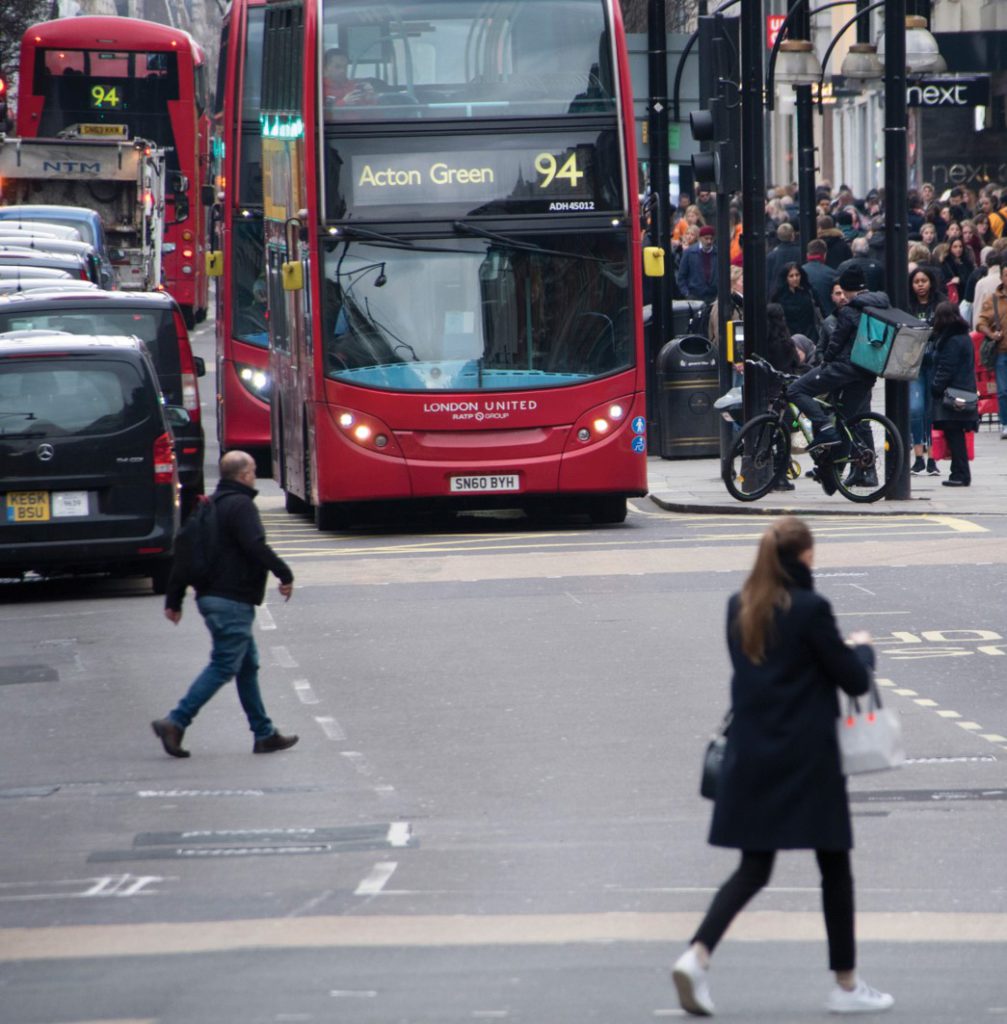POLIS advocates for ambitious EURO 7 standard
POLIS and 40 other organisations representing cities and civil society have penned a letter urging the European Commission to adopt a more ambitious EURO 7 standard.
The recent approval by the European Parliament of a binding mandate to decarbonise passenger cars was welcome news for cities and regions; yet, despite this success, these actions do not go far enough to reduce the number of internal combustion vehicles in circulation on European roads.
According to Transport & Environment, 95 million new combustion engine cars will still be sold in Europe between 2025 (when Euro 7 will likely enter into force) and 2035 (when sales of new internal combustion engines will be forbidden). This means that at least until 2050 we will continue to see combustion engine cars circulating on EU roads.
Therefore, POLIS and others are calling on the European Commission to put together a more ambitious proposal for the upcoming Euro 7 standard for passenger cars, and light and heavy-duty vehicles.
As a crucial element of the Smart and Sustainable Mobility package under the EU’s Green Deal, any action must reduce air pollution to the lowest levels technically feasible and close all loopholes left behind from the Dieselgate era.
As we have long advocated, a resolute, ambitious and effective Euro 7 standard is “a fundamental step to achieving the tightened air quality limit values that meet the needs of our cities and the rights of our citizens”.
This message was subscribed by POLIS, NGOs, and cities including POLIS members Paris, London and Brussels, and addressed to six members of the European Commission (including the EU Commission President and Vice-President, as well as the Commissioners for Industry, Environment, Transport and Health).
The letter calls for any proposal to:
1. Set the lowest limits globally, based on the best available technology, including cold-start emissions.
2. Regulate all relevant pollutants harmful to human health and the environment including ultra-fine particles, ammonia, nitrous oxide, methane, and particles resulting from abrasion of brakes and tires.
3. Cover all driving conditions which can be encountered in Europe by ensuring emission limits apply wherever and whenever a car is driven and in a realistic way.
4. Ensure lifetime emission compliance and requires durability and in-service testing that covers the entire lifetime of vehicles across all member states.
You can read the full letter attached to this news item.
If you have any questions, do not hesitate to contact Ivo Cré (Director Policy & Projects - Coordinator Access) and/or Pedro Gomes (Project manager - Coordinator Clean vehicles & Air quality Working Group) from POLIS Network.



